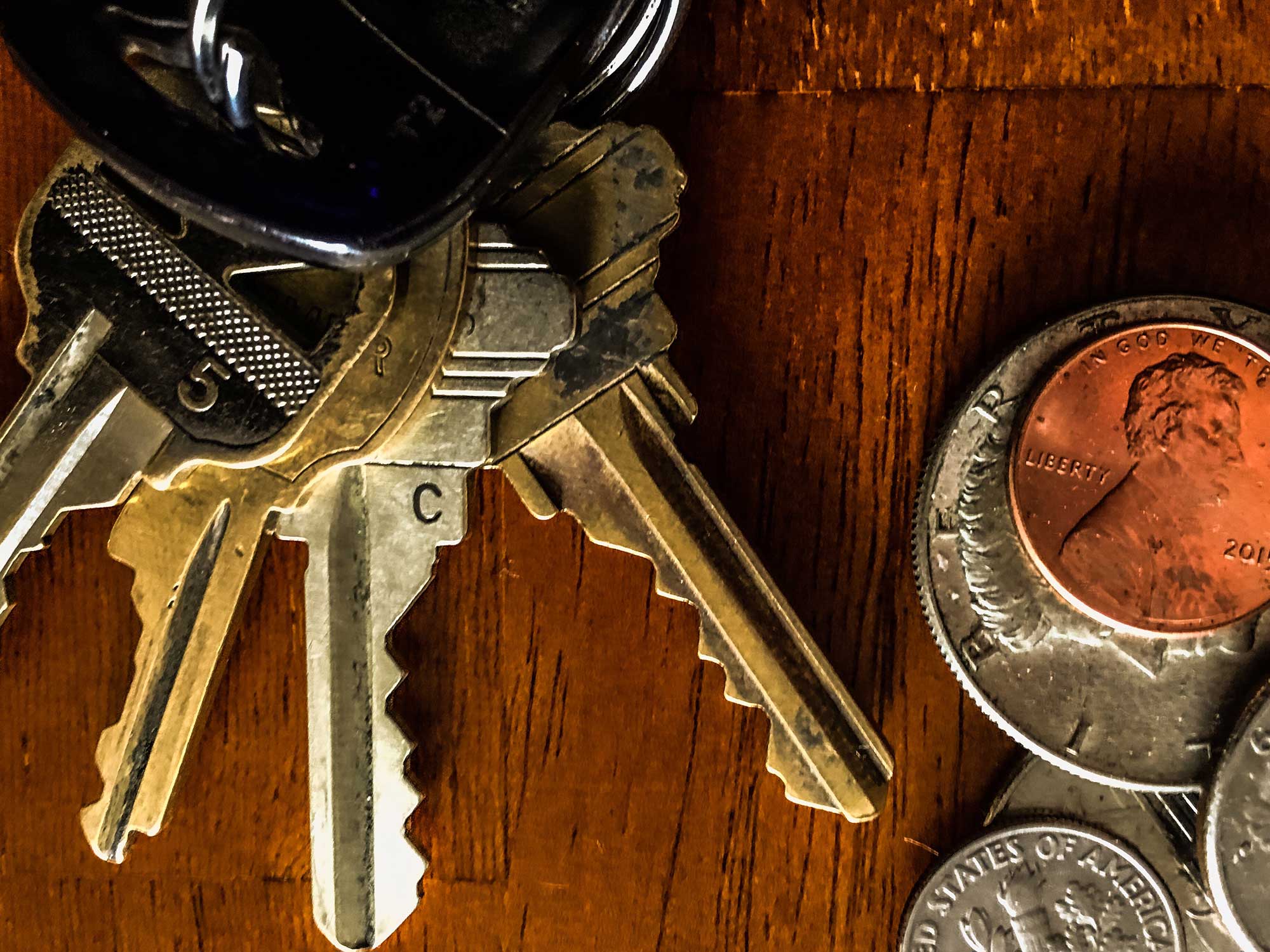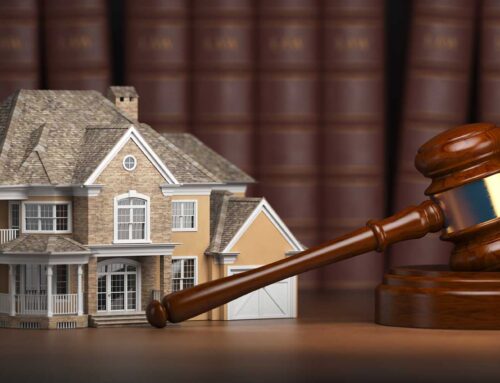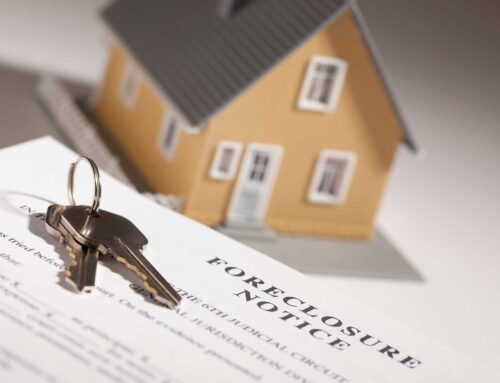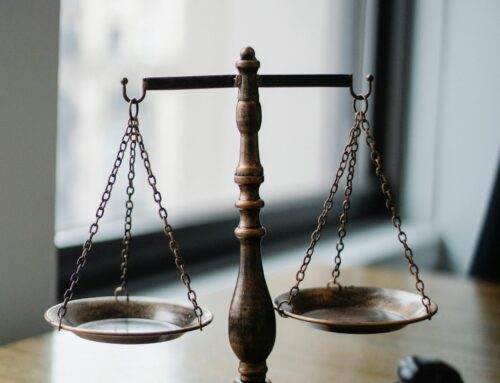
Florida Landlords can find themselves in trouble due to not having the proper protections during the pendency of the lease. However, this can be avoided if they speak to a Landlord Lawyer. Before entering a Lease, contact our office at (954) 990-7552 to learn how Landlords best protect themselves from liability.
How Can Landlords avoid Liability?
A Landlord should always have a fully comprehensive lease before a Tenancy begins. In other words, it should be prepared in a way that best protects their interests. The following should always be included in the lease.
- Ability to Evict
Every lease, whether written or unwritten generally provides the right to Evict a Tenant. This includes failure to pay rent as well as committing non-monetary violations. However, most leases tend not to specify the non-monetary violations making it difficult for Landlords in Court. Therefore, the lease should state specific examples of illegal actions including Landlord Harassment, playing music at elevated levels, smoking inside the Unit, and failing to pay rent on time.
- Duties and Responsibilities for Maintenance and Repair of Property
A lease usually contains a section titled Maintenance. This outlines the different responsibilities for the Landlord and Tenant regarding the maintenance of the property. To avoid issues during the lease, a Landlord should require the Tenant to be responsible for the majority of the maintenance.
- Homeowner or Condo Association Approval
Many Homeowner or Condo Associations require a Tenant to be approved before residing in their community. If a Homeowner signs a Lease with a Tenant that is not approved, they can face great obstacles. A Tenant may claim that the the lease is valid and remain in the property. Therefore, it is imperative that the Landlord contain a provision that states that the lease is not valid if the Association does not approve the Tenant. This will allow the Landlord to remove them as an Occupant through the Unlawful Detainer process.
- Waiver of Security Deposit Requirements
The Legislature recently passed a Law that allows a Landlord to forge sending a claim on the Tenant’s Deposit via certified mail. Instead, they can sign an Addendum with the Tenant that gives them the right to send it via email. In addition, they can simply state that they are not required to send a claim via certified mail. If the Tenant signs, it is considered valid.
- Security Camera Disclosure
The safety and preservation of the property should remain paramount to a Landlord. Therefore, the lease should contain a provision stating that there are Security Cameras installed on the outside of the property and if the Tenant tampers with or obstructs the cameras in any way, their lease will be subject to termination.
- Waiver of Liability for Guests
Few leases prevent a Landlord from having guests at their property. However, there usually isn’t a provision that states that the Landlord is not liable for any injuries that may occur. Therefore, the lease should have a provision that releases the Landlord from all liability for any injuries to a third party on the property.
- Ability to Dispose of Tenant’s Property they left when Lease Terminates.
More often than not, a Tenant may leave belongings at a property when their lease terminates. As a result, a Landlord is required to follow Florida Statute when disposing of their property. In order to prevent this from transpiring, a Landlord should put a provision in the lease that states any property left by the Tenant regardless of the amount can be disposed of by the Landlord immediately. This will help avoid any litigation regarding the Tenant’s possessions.
A Landlord needs to avoid any type of liability during and after a Tenancy. If you have questions about how to best protect yourself, contact the Law Office of Brian P. Kowal, PA at (954) 990-7552.





